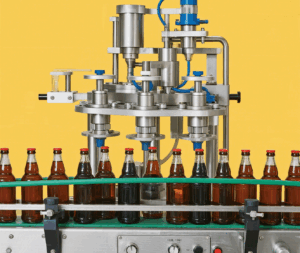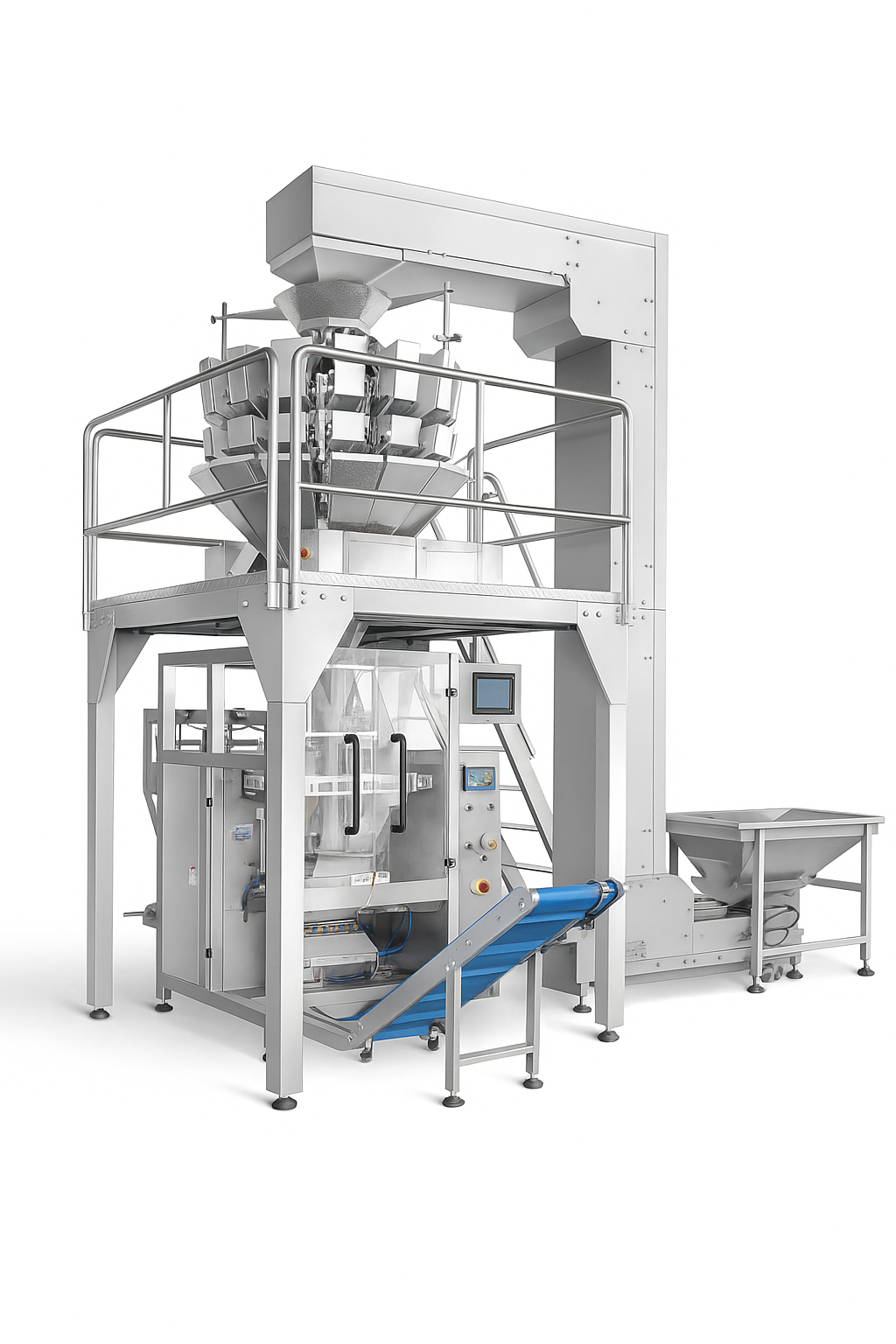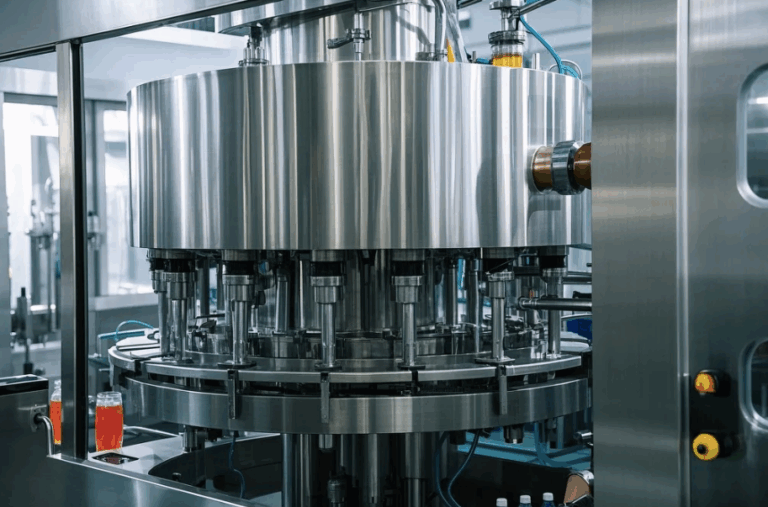Table of Contents
In today’s fast-paced manufacturing environment, the right equipment is crucial for staying competitive and avoiding falling behind. Whether you’re in the beverage, food, cosmetics, or chemical industries, a bottle filling and capping machine is a crucial investment.
It not only automates two essential processes: precisely filling bottles and securely sealing them, but also improves efficiency, consistency, and profitability.
However, not all machines are created equal. Choosing the right model requires careful consideration of its features to ensure it meets your production goals, product specifications, and budget. The most important features you should look for when selecting a bottle filling and capping machine for your business.

1. High-Precision and High-Accuracy Bottle Filling and Capping Machine
- One of the primary functions of a bottle filling and capping machineis to ensure that each container is filled to the exact required volume. Precision is crucial not only for customer satisfaction but also for regulatory compliance, especially in industries with stringent standards such as grocery and food production.
- Look for machines with advanced filling technology to maintain consistent fill levels. Adjustable fill volume settings are crucial, allowing you to quickly adapt to product changes between different viscosities. Precise filling also helps reduce product waste, leading to significant long-term cost savings.
- For capping, the machine should provide consistent torque control to prevent issues such as loose caps or overtightened caps. Investing in a machine that offers both precise filling and capping capabilities ensures your products reach consumers in pristine condition.
2. High-Speed, Flexible Bottle Filling and Capping Machine
Speed is a primary factor in determining production line productivity. A high-quality filling and capping machine should be able to efficiently handle large volumes without sacrificing precision. Considering the machine’s output capacity, some models can process hundreds or even thousands of bottles per hour, depending on the configuration.
Flexibility is equally important. The equipment you choose should be able to accommodate a variety of bottle sizes, shapes, and cap types without lengthy changeover times.
- Quickly adjust settings, modular components, and interchangeable parts can help you seamlessly switch between product lines.
- This versatility is particularly important for businesses producing multiple or seasonal products, as it allows them to meet changing market demands without investing in additional equipment.
3. Rugged, Hygienic Bottle Filling and Capping Machines
Durability is another important factor. Bottle filling and capping machines should be constructed from high-quality materials, such as stainless steel, to withstand continuous operation in harsh industrial environments.
- Stainless steel construction is also corrosion-resistant and easy to clean, which is crucial for food, beverages, and other beverages.
- Hygienic compliance is paramount. Choose equipment that allows for quick disassembly of critical components for cleaning and maintenance.
Equipment that complies with Good Manufacturing Practices or Hazard Analysis Critical Control Points standards will help you maintain the highest levels of quality and safety. Some advanced models are equipped with clean-in-place systems, further reducing downtime due to hygiene.
4. Bottle Filling and Capping Machines with Automation and Intelligent Controls
- Modern bottle filling and capping machines are equipped with advanced automation features that improve ease of use and operational efficiency.
- Touchscreen control panels, programmable logic controllers, and real-time monitoring systems enable operators to manage settings, track performance, and identify problems immediately.
- Automation reduces the need for manual intervention, minimizes the risk of human error, and allows workers to focus on quality assurance and logistics.
- Additionally, some machines have integrated inspection systems that can detect improper filling or missing caps and automatically reject defective products before they leave the production line.
- If scalability is critical to your business, choose a model that supports future upgrades, such as adding more filling heads, increasing capping capacity, or integrating with other automated packaging equipment.
Conclusion:
A bottle filling and capping machine is a long-term investment that can enhance your production capabilities. By prioritizing features such as accuracy, speed, flexibility, durability, hygiene compliance, and automation, ensure your equipment meets current needs and adapts to future growth.
In a competitive market, efficiency and product quality are crucial. The right equipment will help you achieve both, increasing customer satisfaction, improving regulatory compliance, and boosting your profits.
Whether you operate a small production facility or a large manufacturing plant, choosing the right bottle filling and capping machine will lay the foundation for your long-term success.
0










